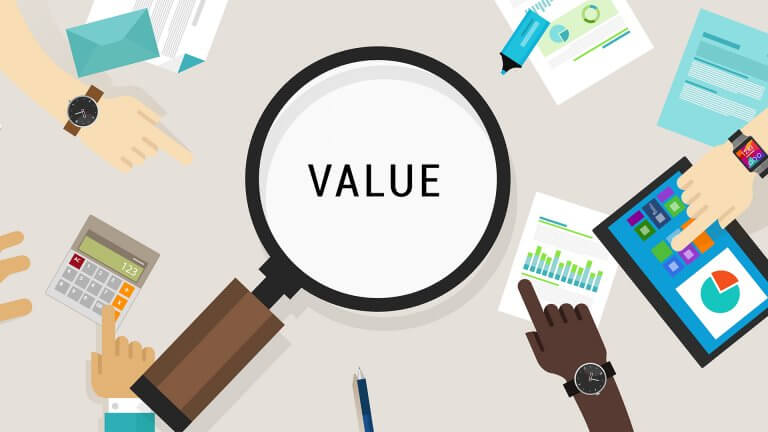
When customers are shopping online or in-store, they may not pay attention to the simple process of paying for their purchases. But subconsciously, it could spell out the difference between a sale and a missed opportunity for a business. Nothing stings a merchant quite like shopping cart abandonment.
For an ecommerce business, seamless payments are vital. According to one study, 18% of US online shoppers have ditched their cart in the last three months due to long and complicated checkout processes. So how do we get this 18% back? How do we make them valuable (and paying) customers? Quite simply: up your seamless payments game.
Now is the time to improve seamless payments for your ecommerce business. Only by doing this can you guarantee your success and survival in an increasingly competitive online market space. So, let’s check out how you can improve your checkout.
Ways to pay
How do your customers pay when shopping on your ecommerce store? As of January 2019, 82% of shoppers in America used credit cards or debit cards to complete their online transactions. Meanwhile, only 11% of online shoppers in the U.S. would use e-wallets such as Apple Pay or Google Wallet. However, as fintech continues to innovate, we can expect the growth of digital payments to continue.
How can businesses offer a better user experience and create an improved seamless payment process then? The answer is choice. Giving customers the ability to choose will allow them to pick the way they want to pay. As e-wallets become more present in the online marketplace and more integrated with the devices we use to shop, it’s essential to offer a viable alternative to card payments and money transfer platforms. Digging out a purse, locating a credit card between IDs and loyalty cards, and finding the CSV number can be an arduous task. Just like that, it’s become a barrier that prevents a seamless transaction. Ultimately, this could be the difference between a sale or a cart abandonment.
Instead, the likes of Apple Pay and Google Wallet offer a quick and secure payment, using face scans or fingerprint checks to identify the payer. In an instant, you’ve got yourself a sale. So why does your ecommerce store not cater to the 11% of shoppers that use this payment option?
Seamless security
People want to know that their money is safe when they shop with you. Plus, as a business owner, you want to know that your customers are genuine. According to ecommerce protection platform Signifyd, 61% of all CNP chargebacks are payment fraud-related. Even then, your business could also be open to other avenues of fraudster abuse.
How can an ecommerce business create an improved seamless payment process while protecting the business?
It begins by understanding your customer. Patterned behavior and identity marks are recognized and can be collated as data. Is the delivery address of the order the same as usual? Has this customer made similar purchases before? And do they have a history of chargebacks? These are all questions that an ecommerce platform could ask and solve during the checkout process—without having to do any lengthy checks. In fact, Signifyd says that 98% of all online purchases today have been made by customers that their platform has seen before. A connected marketplace helps businesses to be more secure.
By using ecommerce protection platforms, your business can combine its seamless payment strategy with its fraud protection strategy. This makes it easier for your genuine customers to buy from you but more difficult for fraudsters to take advantage of you.
Getting ahead of the trend
While technology continues to make seamless payments easier, it’s important to remember how customer-centricity will be affected. While fintech is making transactions quicker and more secure, it is also allowing many people to gain access to financing options that had once been closed to them. This includes the development of Buy Now Pay Later (BNPL) platforms, where customers can delay or stagger payments for their purchases. These small, no-interest loans could create opportunities for fraudsters to abuse a convenient service.
As digital payment options have become so ingrained in our lives, it’s surprising to remember that services such as Apple Pay have only been available in 2014. Their existence is infantile compared to card payments. More payment options are likely to reveal themselves and creating a marketplace that accepts a variety of these options is essential. Ultimately, understanding consumers and their buying behavior is key to blocking fraudsters before they attempt to abuse your business.
Seamless payments aren’t just the future of online transactions. It’s happening right now. As the online market grows, your business must not get left behind. Start thinking about how easily you would like to shop at your store, and then think about how you could improve your processes. From frictionless checkouts, user experience, and fraud prevention, your growth strategy should center around a future of seamless payments.
























